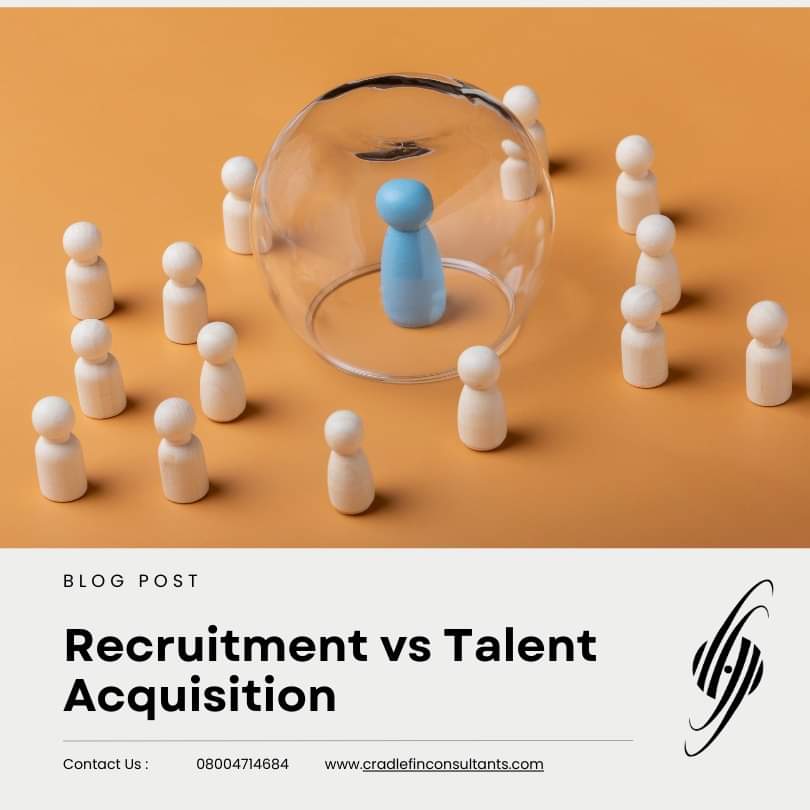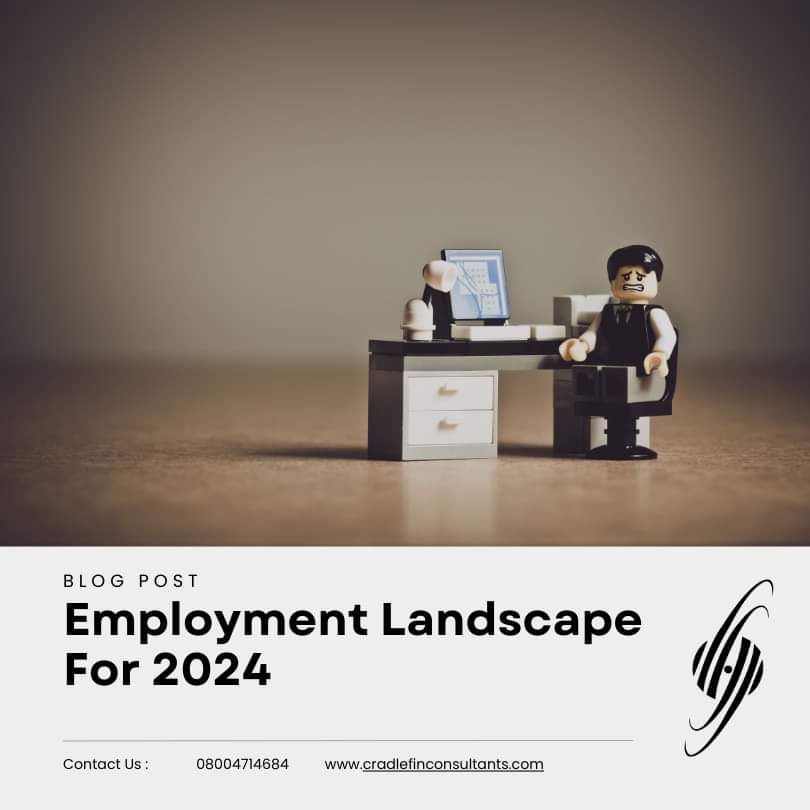The Supreme Court has ruled that CV fraudsters must pay back at least part of their wages if they are caught falsifying qualifications and experience to an employer.
The decision concludes the high-profile appeal case of Jon Andrewes, a former NHS chief executive, who was jailed after lying about his PhD and previous career to get a leading hospice role as well as other directorships.
Originally, a Court of Appeal ruled that Andrewes should not have to pay back his earnings; however, last week’s Supreme Court hearing, which cited the Proceeds of Crime Act 2002, ordered that part of the disgraced executive’s salary must be repaid.
Giving the lead judgment, Lord Hodge and Lord Burrows noted that a total confiscation of wages would be disproportionate as Andrewes had performed his role satisfactorily, but it would be correct to confiscate the difference between the higher earnings made as a result of the fraud and the lower earnings the defendant would have made if fraud hadn’t taken place.
As a result, Andrewes was ordered to pay £97,000 of the £643,000 he unlawfully received during his employment.
Commenting on the ruling, Alexandra Mizzi, legal director at Howard Kennedy, said that this, coupled with an apparent rise in fake university ‘diploma mills’, could see more employers taking action against suspected CV fraud. She said: “While prosecutions like this have previously been rare, with most employers opting for dismissal on the grounds of lying on a CV, this case could pave the way for employers taking greater action.”
However, even with a Reed screening survey indicating that as many as up to 40 per cent of UK workers lie or have lied on CVs, Lynne Ingram, managing associate at Freeths, said the rarity of the case that sparked this recent ruling means there isn’t about to be a new employer approach to handling CV dishonesty. She said that although employers might start asking for education certificates more often, it was unlikely that there would be a rise in cases requesting compensation for things like grade inflation, adding: “I believe employers have always scrutinised CVs, especially if there are gaps or if the employee cannot substantiate claims.”
However, Ingram intimated that those who supply services relating to recruitment or pre-employment checks might want to review their own processes as they could become liable if there is fraud that has been missed.
Paul Farrer, founder of recruitment firm Aspire, explained that not all CV embellishments are the same, and thus need employers to adjudicate with nuance. “There are lies, such as claiming qualifications, job roles and achievements that are simply untrue. Then there are grey areas of embellishment – exaggeration and passing off,” he said.
Noting that the average length of time a CV is looked at is around seven seconds, he said it was not surprising that many candidates try and stand out and that employers should reflect on their values and processes rather than aiming to punish the candidate they catch out. He added: “I think there are clear differences in how you can look at this. On one hand, if you have put a candidate through your selection process and they are the best person for the job then does it matter if they have lied about something?
“On the other hand, it’s a lie about qualifications or skills required to get the job that you simply don’t have – or successes you claim that are, in fact, fiction.”
Keith Rosser, director of group risk and Reed Screening, added that many CVs contain embellishments and so it’s up to employers to understand what risks that poses, to their customers and communities, to their reputation and to other potential hires. “Being untruthful about qualifications and/or experience can, in certain sectors, be outright dangerous, posing a threat to companies and communities they serve, but, in all cases, it is unfair on those jobseekers who do not embellish their backgrounds,” he said.
“As a result, this judgment is a warning shot to jobseekers and the wider hiring community that the whole process must become more honest and rigorous.”
Phil Pepper, head of employment at Shakespeare Martineau, emphasised that the ruling should remind individuals that lying on a CV is a criminal offence and act as a warning to employers to have rigorous processes, especially for more senior and expensive hires. He added: “What this case will do is highlight the potential ramifications of lying or exaggerating qualifications on CVs and how serious these issues can be.”
Get in touch with Cradlefin Consultants team a premier destination for talented candidates and clients committed to recruiting and developing top tier professionals if you need help with your recruitment: recruitment@cradlefinconsultants.com






